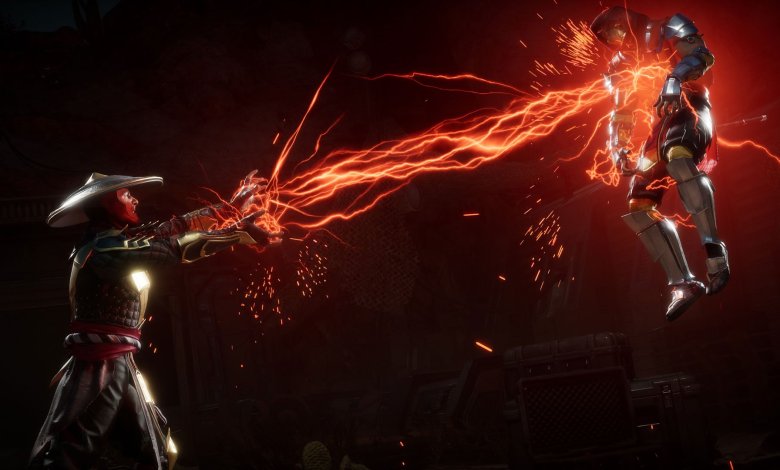News
Chinese game development companies invade European markets!
Advertisement
In the past few days, we’ve been talking about the acquisition of Western development studios by well-known Chinese gaming companies such as NetEase, Tencent and other tech giants in China. Here’s the question… What’s the secret behind this?
It was clear to see how the giant Chinese technology companies aspire to consolidate their position in the video game market on the European continent in particular. And this through many acquisitions, which ranged from full acquisition to partnerships that have maintained the creative independence of these studios.
Chinese gaming giant NetEase recently acquired French development studio Quantic Dream in an undisclosed deal, while China's biggest giant Tencent is aiming to gobble up more game development companies and studios around the world, especially Western ones.
Tencent has diversified its acquisition or merger avenues by buying entirely Western development studios or buying large stakes. To obtain a controlling majority on its board of directors>
Over the past few years, we have seen how the Chinese company has invested in more than 800 companies worldwide. Among them, 40% is in Epic, and large stakes in giant companies. Such as Activision Blizzard, Ubisoft, Krafton, PlatinumGames, FromSoftware, Marvelous Inc. As well as the injection of the Chinese equity company originally into the company. 300 million euros in the capital of the French company Ubisoft
In terms of full ownership, the company has acquired developers Funcom, Riot Games, Sumo, Turtle Rock, Digital Extremes and Splash Damage. More to come in light of the global inflation crisis that the European continent is currently suffering.
The Secret of Chinese Gaming Companies' Move to the West
With Beijing imposing severe restrictions on this growing market, and previously freezing licensing for large companies and easing restrictions on publishing and broadcasting games, this freeze has negatively affected many activities in the video game industry in China. And on the sector's profit rates, in the context of reestablishing control over the technology sector.
Regulators in Beijing reissued licenses, granting a new license to NetEase, which had refused to grant a similar license to rival Tencent, which in early August reported its first quarterly decline in revenue since its IPO in 2004.
Louise Shorthouse, chief analyst at British market research firm Ampere Analysis, told AFP that obtaining a license for a new game is becoming more difficult. In addition, restrictions on young players are making it harder to grow.
Chinese authorities are taking a tough stance on video games in an effort to combat addiction among young people, such as imposing strict restrictions that limit the right to play video games online to three hours a week for those under 18.
As a result, big companies are turning more to other countries to make profits. These investments are welcomed by European studios. This is because Chinese companies there have a good reputation for not interfering in internal innovation processes and for maintaining their own culture. This is where she found her desire, and the fertile ground on which she can realize her ambition.






